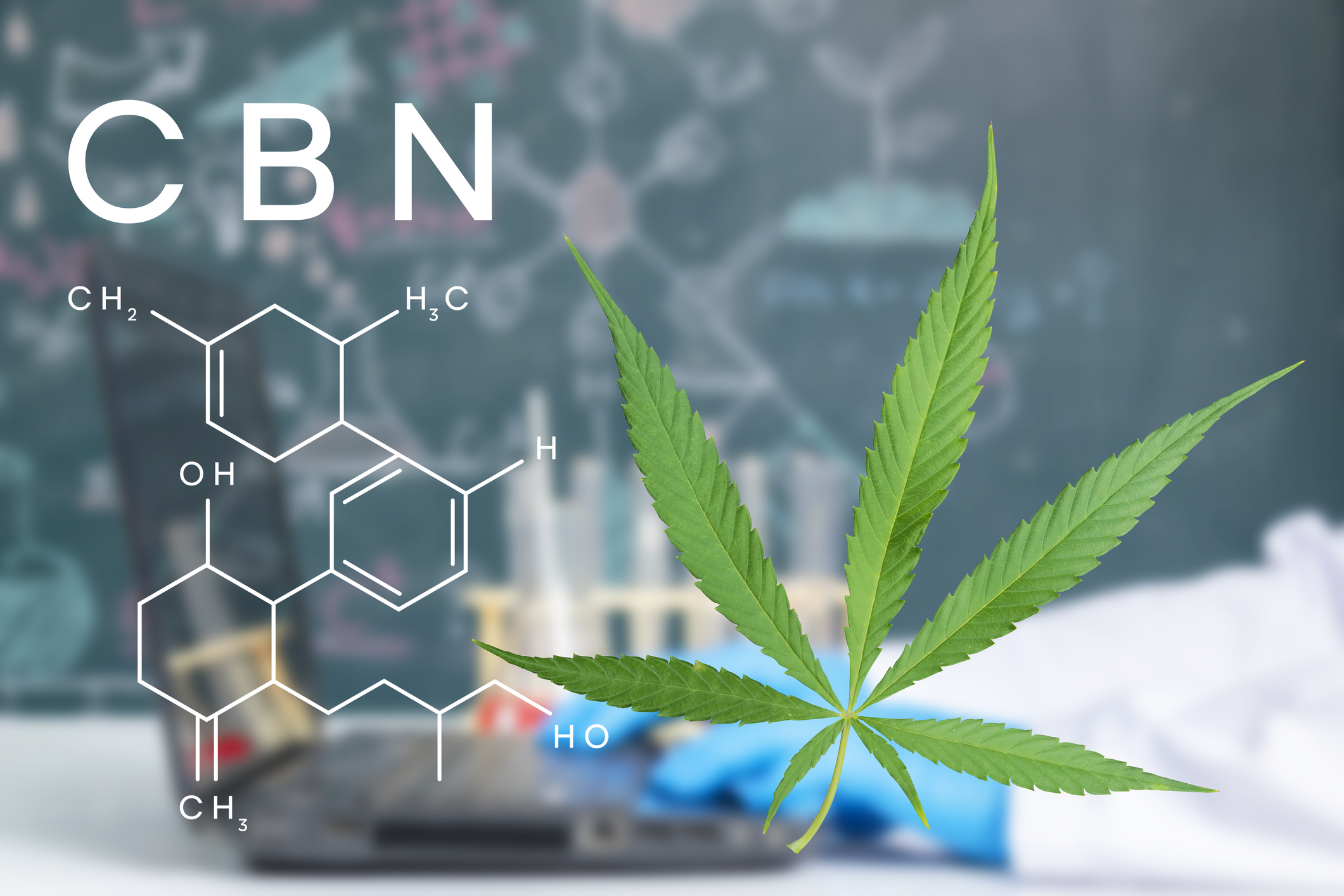Introduction In recent years, CBD (cannabidiol) has gained significant popularity as a natural remedy for various health concerns. However, alongside the growth of the CBD industry, misinformation and misconceptions about CBD have also proliferated. In
Introduction
In recent years, CBD (cannabidiol) has gained significant popularity as a natural remedy for various health concerns. However, alongside the growth of the CBD industry, misinformation and misconceptions about CBD have also proliferated. In this comprehensive guide, we will explore CBD facts and debunk common CBD fiction, providing you with accurate information to make informed decisions about CBD usage
Table of Contents
- Understanding CBD: What is CBD
- CBD and Psychoactive Effects: Fact vs. Fiction
- CBD and Medical Benefits: Separating Fact from Fiction
- CBD Dosage and Safety: Facts to Consider
- CBD Side Effects: Fact vs. Fiction
- CBD Legality: Dispelling Misconceptions
- CBD and Drug Interactions: Fact and Fiction
- CBD Quality and Product Selection: What to Look For
- CBD Research and Scientific Evidence: Facts and Limitations
- Conclusion
Understanding CBD: What is CBD?
We’ll start with the basics. CBD is a naturally occurring compound found in the cannabis plant. It is one of many cannabinoids but does not cause the psychoactive effects associated with THC (tetrahydrocannabinol). CBD is typically derived from hemp plants and is commonly available in various forms, including oils, capsules, edibles, topicals, and more.
CBD and Psychoactive Effects: Fact vs. Fiction
One of the most common misconceptions is that CBD can make you feel high. The truth is that CBD does not produce psychoactive effects or alter your state of mind. It is the THC in cannabis that is responsible for the “high” sensation, and CBD products legally available in many regions contain only trace amounts of THC (less than 0.3%), which is not enough to cause intoxication.
CBD and Medical Benefits: Separating Fact from Fiction
CBD has shown promise in providing potential health benefits, but it is essential to distinguish between scientifically supported facts and exaggerated claims. While research is ongoing, CBD has demonstrated potential therapeutic properties in alleviating certain types of seizures (e.g., in epilepsy), managing anxiety, and providing relief for chronic pain. However, further studies are needed to establish the full extent of CBD’s medicinal benefits.
CBD Dosage and Safety: Facts to Consider
Determining the appropriate CBD dosage can be challenging. The optimal dosage varies depending on factors such as body weight, individual tolerance, the specific condition being addressed, and the form of CBD used. It is crucial to start with a low dosage and gradually increase it while monitoring the effects. Additionally, CBD is generally considered safe, but it may interact with certain medications. Consulting a healthcare professional is advisable, especially if you have underlying health conditions or are taking prescription drugs.
CBD Side Effects: Fact vs. Fiction
CBD is generally well-tolerated, with few reported side effects. However, it is essential to be aware of potential side effects such as dry mouth, drowsiness, changes in appetite, and diarrhea. These effects are typically mild and temporary. Exaggerated claims of severe adverse reactions are not supported by scientific evidence.
CBD Legality: Dispelling Misconceptions
The legality of CBD can be confusing due to varying regulations worldwide. In many regions, CBD derived from hemp with minimal THC content (less than 0.3%) is legal. However, it is crucial to research and understand the specific laws and regulations governing CBD in your country or state to ensure compliance.
CBD and Drug Interactions: Fact and Fiction
CBD has the potential to interact with certain medications, particularly those metabolized by the liver’s cytochrome P450 enzymes. It can affect the way these medications are processed, leading to potential interactions and unwanted side effects. It is advisable to consult a healthcare professional before using CBD if you are taking any medications.
CBD Quality and Product Selection: What to Look For
With the increasing popularity of CBD, it is vital to choose high-quality products from reputable brands. Look for CBD products that undergo third-party testing to verify their potency and purity. Consider factors such as the source of the hemp, extraction methods, and product transparency. Reputable brands provide detailed product information and lab reports to ensure transparency and quality assurance
CBD Research and Scientific Evidence: Facts and Limitations
While CBD shows promise in various areas, it is important to acknowledge that scientific research is still ongoing. Many CBD-related claims are based on preclinical or preliminary studies, and more extensive research, including human clinical trials, is necessary to establish conclusive evidence for CBD’s efficacy in specific conditions.
Conclusion
In the realm of CBD, it is crucial to separate facts from fiction to make informed decisions. CBD does not produce psychoactive effects, has potential health benefits backed by preliminary research, and is generally considered safe when used appropriately. However, it is important to consult healthcare professionals, start with low dosages, be aware of potential side effects, and choose high-quality CBD products from reputable brands. By understanding the facts and dispelling misconceptions, you can navigate the world of CBD with confidence and maximize its potential benefits.
- Benefits of Milk Thistle Supplements - April 1, 2024
- Benefits of Melilot Supplements - April 1, 2024
- CBD Facts vs. CBD Fiction - June 26, 2023

